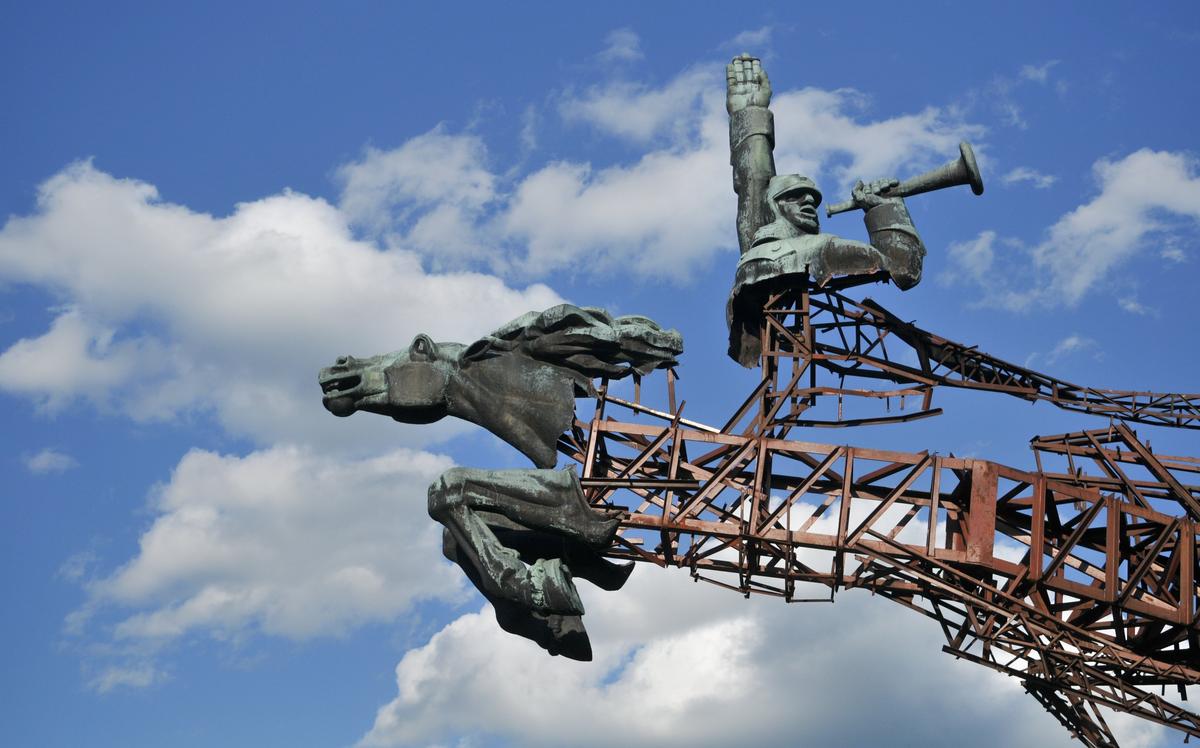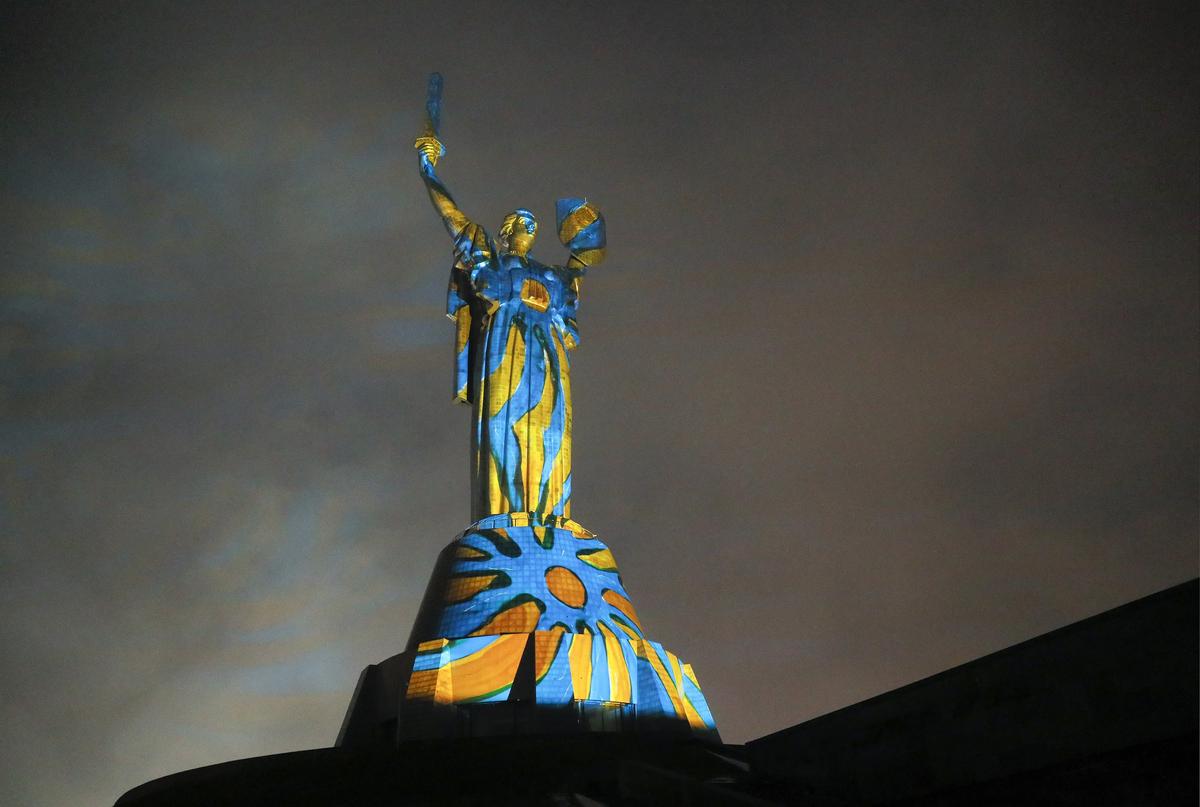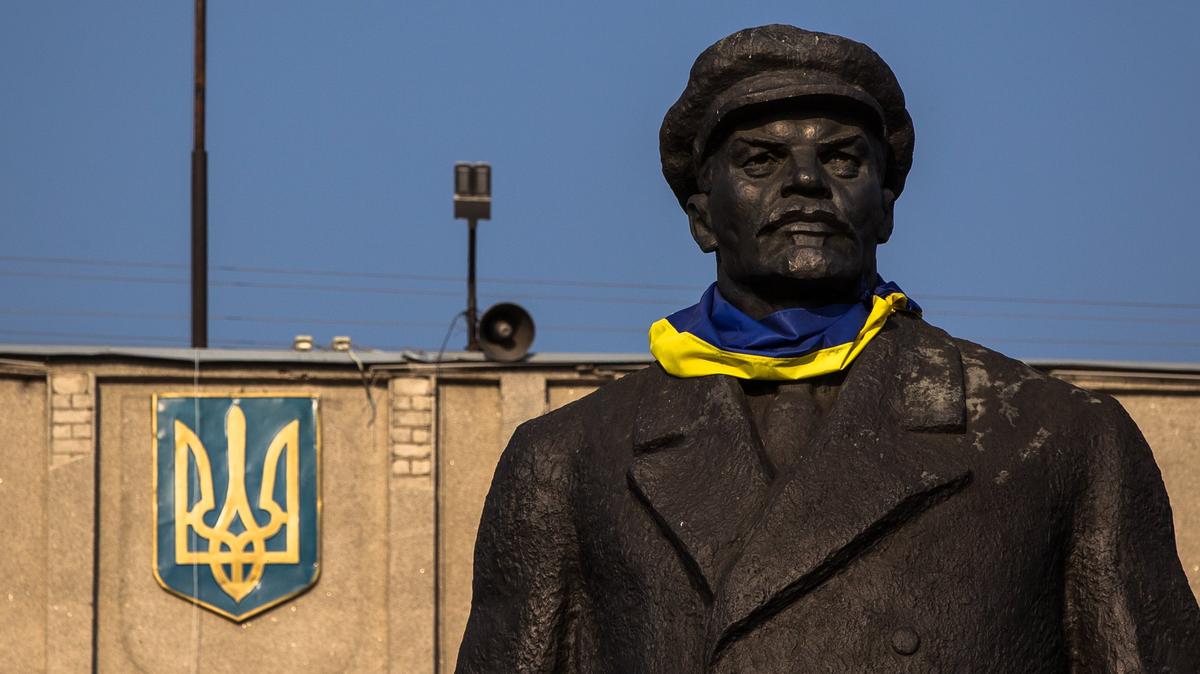In 2022, Lithuania’s then-Minister of Culture Simonas Kairys decided that performing Russian composer Tchaikovsky’s classic ballet The Nutcracker was no longer an appropriate way to celebrate the Christmas season. Lithuania is a staunch supporter of Ukraine, and Kairys, believing that Russian culture could not be separated from Russian imperialism, called for a “mental quarantine”, otherwise known as “cultural decolonisation”.

Ian Buruma
Dutch writer based in the United States
At the end of last year, Šarūnas Birutis, the newly installed culture minister, announced that he liked Tchaikovsky’s music and saw no reason to prohibit it. Some Lithuanians agree, including another former minister of culture, who said: “We fought Soviet power to get the freedom not to ban things.”
The Nutcracker debate in Lithuania echoes similar, though usually more fraught, arguments in Ukraine. In 2023, the Kyiv City Council decided that Russian music, plays, books, and art should no longer be showcased in public. Statues of Pushkin, one of Russia’s greatest poets, were removed from public places.
The patriotic urge to ban works of art associated with an enemy country is not new, of course. During World War I, some British people wanted to prohibit the performance of German music in concert halls, and there was even a proposal to replace German-made pianos with British-made models.
The patriotic urge to ban works of art associated with an enemy country is not new.
When World War II came around, music played a very different role in Britain. The celebrated British pianist Myra Hess performed her famous lunchtime concerts in London during the Blitz. Hess, who was Jewish, saw no problem with playing music by the great German composers. To her, and to the Londoners who flocked to hear her, Mozart, Beethoven, and Bach belonged to the world, not to Germany alone.
In Nazi Germany, the same music was performed on official occasions, such as Adolf Hitler’s birthday, to demonstrate the superiority of German culture. Wilhelm Furtwängler, the most famous German conductor at the time, would not have disagreed about the exalted status of German music, but he was not a Nazi. In his view, great music lifted people above politics and wartime propaganda, hence his refusal to leave his home country, or to stop performing there.

A Soviet monument is disassembled in the Lviv region, western Ukraine, 6 June 2016. Photo: EPA/PAVLO PALAMARCHUK
The Nazis never banned all “enemy culture” either. Shakespeare’s plays were performed in Germany throughout WWII, although The Merchant of Venice posed some problems: Shylock, the Jewish moneylender, might evoke a little too much sympathy.
One of the aims of wartime propaganda is to demonise the enemy and portray them as less than human. Hollywood movies had been very popular in Japan — and in Germany — until December 1941. After the attack on Pearl Harbor, Japanese propaganda portrayed Americans as “devils and beasts”, and their devilish and beastly cultural products were swiftly taken out of circulation.
So, is banning the art of another country ever a good idea? In principle, no. Tchaikovsky cannot be held responsible for Vladimir Putin’s war of aggression. Withholding great works of art from the public will have a narrowing, provincialising effect. Artists like Beethoven, Shakespeare and Tolstoy transcend borders.
And yet, perhaps the Ukrainians should be given some slack. Britain was not in danger of being dominated by German culture during World War II, let alone forcibly assimilated into it. Putin’s vision of building a broader “Russian world” in which peripheral countries are subservient to the Kremlin, and their cultures are reduced to folkloric dances on official occasions, poses a fundamental threat to Ukraine’s survival as an independent nation-state.

The Motherland monument illuminated by Swiss light artist Gerry Hofstetter in Kyiv, Ukraine, 25 December 2022. Photo: EPA-EFE/SERGEY DOLZHENKO
Until recently, elites in Ukraine’s cities spoke Russian, not Ukrainian, and Russian was even the first language of Ukrainian President Volodymyr Zelensky. Far from being the only Russian who thinks of Ukrainians as a minority within the greater Russian world, Putin has promoted his “special military operation” in Ukraine as an effort to “unite the Russian people”. Estonians, Lithuanians, Latvians and Poles have reason to fear the possibility of Mother Russia’s forced embrace, too. After all, it has happened before.
To speak of cultural decolonisation suggests a parallel between Ukraine and the former European colonies in Asia and Africa, where some local elites were indeed Anglicised or Frenchified. But a better comparison would be to Korea under the Japanese Empire between 1910 and 1945. During this period, Koreans were not so much colonial subjects as widely despised second-class citizens. In the later stages of Japan’s imperial rule, Koreans were forced to adopt Japanese names and be educated in Japanese.
Putin’s vision of building a broader “Russian world” poses a fundamental threat to Ukraine’s survival as an independent nation-state.
After Japan’s defeat in World War II, Koreans, nearly robbed of their identity, also narrowed their cultural horizon by rejecting all things Japanese. It was only in the 1990s that Japanese movies, comic books, pop music and literature began to re-enter South Korea, and they were not always well received.
To those of us who espouse the principle of universal humanism, this kind of cultural chauvinism might seem provincial, if not bigoted. But Koreans were once fighting for their survival as a people. Culture was an existential matter.
The same is true for Ukrainians today. Shunning Russian music, art and literature, despite having deep historic links with such works, will not do much for universal humanism in Ukraine. But Ukrainians have more pressing concerns: they must fight to maintain their own distinct language and culture, as well as their own government. Once they secure their sovereignty, neither they, nor indeed the Lithuanians, will have any reason to fear Pushkin’s poetry or Tchaikovsky’s music.
This article was first published by Project Syndicate. Views expressed in opinion pieces do not necessarily reflect the position of Novaya Gazeta Europe.
Делайте «Новую» вместе с нами!
В России введена военная цензура. Независимая журналистика под запретом. В этих условиях делать расследования из России и о России становится не просто сложнее, но и опаснее. Но мы продолжаем работу, потому что знаем, что наши читатели остаются свободными людьми. «Новая газета Европа» отчитывается только перед вами и зависит только от вас. Помогите нам оставаться антидотом от диктатуры — поддержите нас деньгами.
By clicking the Support button, you agree to the processing of your personal data.
To cancel a regular donation, please write to [email protected]

